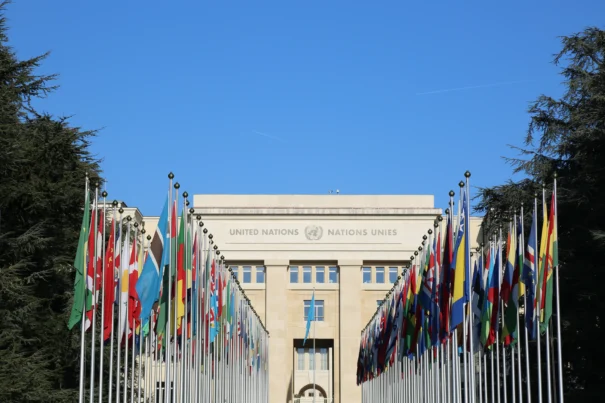
Photo by Salya T
June 30th will mark over 1,000 days since the closing of secondary schools for girls and 500 days since the edict banning women from receiving a university education. The United Nations will be hosting the annual Doha Meeting in Qatar on June 30th where various countries and special envoys, including the UN will discuss various issues related to Afghanistan.
Currently, Afghan women are denied the opportunity to fulfill their dreams or seek employment which exacerbates the number of women living in poverty and unable to support their families.
Together Stronger, a coalition of advocates composed of women from across Afghanistan and outside Afghanistan published a letter on Wednesday urging Secretary General of the United Nations, Antonio Guterres, as well as Special Envoys and Responsible Officials to include Afghan civil society and Afghan women in the Doha Meeting later this month. The Together Stronger coalition demands the inclusion of civil society in these meetings which will help achieve “sustainable and just outcomes.”
The Taliban plans to attend the Doha Meeting on their terms. This means that once again, they are silencing the Afghan people, both men and women, in order to avoid hearing opposition to the persecution caused by their policies of gender apartheid. To sideline the issues most affecting Afghans and holding Afghanistan back from progress will result in a fruitless discussion.
Women’s treatment under the Taliban must be a focal topic of discussion, and women’s participation is central to this. Exclusionary practices will instead protect the Taliban from being held accountable and normalize their de facto leadership rather than looking at how their regime has impacted Afghans and especially Afghan women and girls.
Excluding women violates international law agreements including the, United Nations Charter, United Nations Declaration of Human Rights, UN Security Council Resolution 1325 on the important role of women in promoting peace and ending conflict, the Convention on the Elimination of Discrimination Against Women, and the International Conventions on Civil, Political, Economic and Social Rights. These are not just abstract figures of speech but principles which must be upheld in practice.
The Doha Meeting thus marks a pivotal moment for the international community. The global community has two decisions: whether to listen to Afghan women and whether to designate the treatment of Afghan women by the Taliban gender apartheid and criminalize it under international law. Under the current conditions, more than half of the population is stripped of their basic rights, making it essential to include women in policy discussions to determine their future. Diverse perspectives include those of systematically oppressed and marginalized groups, such as women, youth, minorities and others who deserve the same respect and representation.
Afghan women’s rights and dignity is not a political bargaining chip. It is the only way to move towards meaningful and sustainable change.
